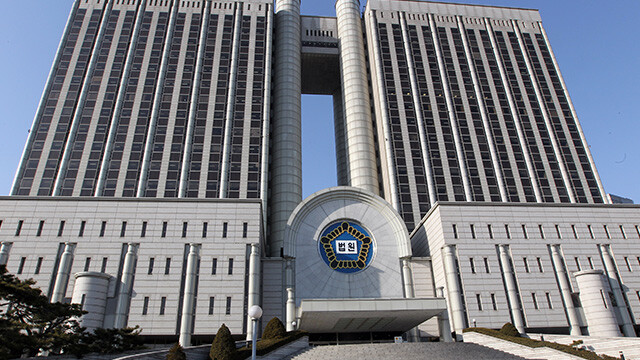
The court has handed down a heavy sentence to a 50-year-old illegal loan shark who operated an unregistered lending business, applied exorbitant interest rates far exceeding the legal maximum, and engaged in inhumane acts such as threatening debtors and demanding sexual favors. On the 20th, Chief Judge Kang Geon-woo of the Cheongju District Court Criminal Division 5 sentenced Mr. A (56) to 5 years in prison and a fine of 50 million won on charges including violations of the Act on Fair Debt Collection and forgery of private documents. This is interpreted as a strong warning message from the judiciary against the malicious crimes rampant in the illegal private lending market.
Lent 4.7 Billion Won Over 7 Years, Reaped 940 Million Won in Unjust Profits
From December 2016 to May 2024, approximately 7 years and 5 months, Mr. A operated an unregistered loan business, lending a total of about 4.7 billion won to debtors on 211 occasions. In the process, he applied exorbitant interest rates ranging from 63% to a maximum of 7742% per annum, far exceeding the legal maximum interest rate of 20% per annum, thereby illicitly gaining approximately 945 million won. An annual interest rate of 7742% means that he demanded interest amounting to over 77 times the principal, which is an absurd act of profiteering that can only drive debtors to ruin.
Mr. A's criminal activities did not stop there. He habitually subjected debtors who couldn't repay on time to brutal threats, such as "I'll kill you." Furthermore, it was revealed that he committed the shameless act of even demanding sexual favors from female debtors under the pretext of reducing interest. This goes beyond mere high-interest lending; it is a heinous crime that violates the human rights of debtors and exploits the desperation of the socially vulnerable, drawing widespread condemnation.
"Arrogant and High-Handed"... Strong Rebuke from the Court
Regarding Mr. A's criminal acts, Chief Judge Kang Geon-woo sternly reprimanded Mr. A's attitude, stating, "During the investigation, the defendant even attempted to neutralize the criminal justice system by pressuring debtors not to testify about the damages or by hiding and concealing assets." The judge added, "It is more than enough to guess how arrogant and high-handed he is." In court, he showed no signs of remorse, instead denying his crimes or attempting to evade responsibility, which drew severe criticism from the court.
Regarding the sentencing, Chief Judge Kang emphasized, "If the sentence for the defendant were to remain at the general level for similar cases, it would not be able to prevent the reckless behavior of those who disregard the rule of law." He stressed, "Severe punishment is unavoidable to serve as a warning against the rampant reality of illegal private lending." This indicates that, considering the pervasive negative impact and seriousness of illegal lending on society, the heavy sentence imposed on Mr. A is not merely a punishment for an individual case but a strong warning to the entire illegal private lending market.
Unending Damages from Illegal Private Lending, Strong Crackdown and Punishment Needed
This ruling serves as another reminder of the gravity of illegal lending. Illegal lending is not merely an act of borrowing and lending money; it is a serious crime that inflicts mental and physical suffering on debtors and harms the healthy financial order of society as a whole. Particularly, cases like Mr. A's, where inhumane criminal acts such as demanding sexual favors are involved, clearly demonstrate the brutality of illegal lending.
According to the Financial Supervisory Service, damages from illegal private lending occur consistently every year, and they are carried out more secretly and subtly, especially targeting vulnerable individuals facing economic difficulties. The government and judicial authorities must continuously crack down on illegal private lending, strive to provide relief to victims, and prevent recidivism and similar crimes through strong and resolute punishment of illegal loan sharks. Furthermore, citizens should be careful to use institutional finance, avoid the temptation of illegal private lending, and actively report and seek help if they become victims.
[Copyright (c) Global Economic Times. All Rights Reserved.]




























